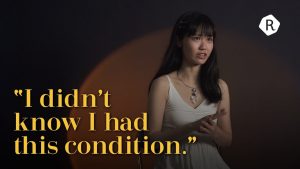Top image: Zachary Tang / RICE file photo
This story is part of RICE Media’s Storytellers initiative, a mentorship programme for budding content creators to learn about the art of creative non-fiction. This piece is a product of a partnership between RICE Media and Singapore Management University (SMU) for its Professional Writing module.
Every morning when I wake, a single thought echoes inside my head: “You aren’t good enough for a relationship”.
For too long, I’d been afraid to admit the true reason for my looping mantra. My drive to improve and my fear of failure were twin faces of the same coin, all stemming from one crucial event in my adolescence.
ADVERTISEMENT
Of course, there were many other failures that helped cement this notion into my psyche. But few are as crushing as being rejected as a young boy.
It sounds almost laughable to say out loud, but denial does me no favours. I have lived my life believing I was not good enough because that was the conclusion I drew from rejection. Surely, if I were good enough for other people, I would be attached by now. Flawed reasoning, but old habits are hard to get rid of.
If the shifting discourse around gender and relationships tells me anything, it’s that no matter how irrational my youthful conclusions might seem, there might be some truth to it. The internet is rife with dating advice on being high-value men or women, on avoiding red flags, and on avoiding toxic masculinity.
Clearly, no matter how vague it may be, I believe there is a set standard out there for men. And for whatever reason, I’m not meeting it.

The Cost of Love
My friends tell me I’m pessimistic—that I’m actually a somewhat decent person, and I just need to have more confidence in myself. Even if that is true, I refuse to accept platitudes as they are, no matter how well-intentioned. I want to find out what this standard is and if I can, or ever will, be good enough to be in a relationship.
To be clear, being in a relationship is not a prize to be won or a conquest to be attained. It’s a difficult, albeit fulfilling, responsibility—a journey undertaken by two willing partners.
This is why some argue that we should work on ourselves rather than fixating on getting attached at any cost; the latter dilutes the essence of relationships. But the looming sense of responsibility, coupled with my persistent singleness, is exactly why I’ve worried about meeting others’ expectations.
“You do realise that different people have different standards, right?” my father remarks to me one morning.
I ponder his words, wondering if I stayed up all night writing this article for nothing. In some ways, he is correct; in other ways, so am I. There are no set criteria on what is ‘good enough’ because different people find different things attractive, have different emotional wavelengths, and have different journeys to traverse together.
It is a double-edged sword: the flexibility of others’ expectations means that almost anyone could get into a relationship. Yet, that is precisely why it feels so depressing when I’m still single.
ADVERTISEMENT
Either something is wrong with me, or there’s nothing wrong, and I just can’t get attached anyway. I don’t know which possibility is worse.
Hey There, Not-so-Good-Lookin’
I’ve been told my hairline is receding faster than the polar ice caps.
The metaphor is imprecise but potent. I’ve long known that I’m not attractive, and I’ve always considered this to be a significant obstacle to entering a relationship. Conventional wisdom suggests that people can get much done with good looks. It’s why ‘pretty privilege’ is a concept being thrown around these days and why this meme exists:
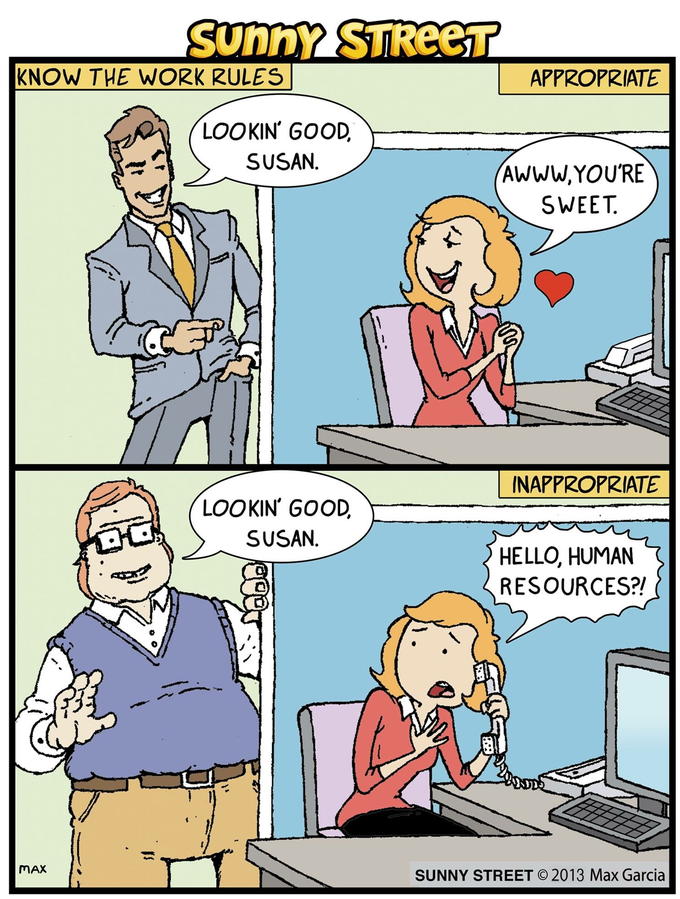
Lest people start calling me an incel, I’m well aware of the beauty standards that women are subjected to. Weight and size expectations, makeup routines—the point is that both genders have separate struggles when it comes to physical attractiveness.
“I’m sorry, but stereotypes still exist despite what people say,” my friend Michael declares emphatically. “Girls still look for muscular guys. Guys still look for chiobus with petite hourglass figures.”
I’m consulting him and another close friend, Constance, to discuss dating expectations. Both are in their 20s and have experience dating around—both agree that looks play a factor in relationships, no matter what the politically correct notion of the day is.
“Everyone has a baseline, but good looks are only a part of being attractive,” Constance clarifies. “There are other things that make up attractiveness, like personality and humour.”
I ask if people who fail this baseline are written off, thereby making them unable to compensate with other factors later on.
Their responses are inconsistent. First, they say no, but they backtrack later to say yes. I suppose it depends on person to person; I’ve heard anecdotes of people finding their partners more attractive after beginning to date them.
But Constance is reminded of something else. “I make TikToks giving dating advice, and my comments are filled with men saying that these strategies only work if you’re handsome,” she says.
“I always ask them what they’re doing to better themselves. Are they dressing better? Are they going to the gym? No one is forever condemned—there’s always something you can do to become better looking.”
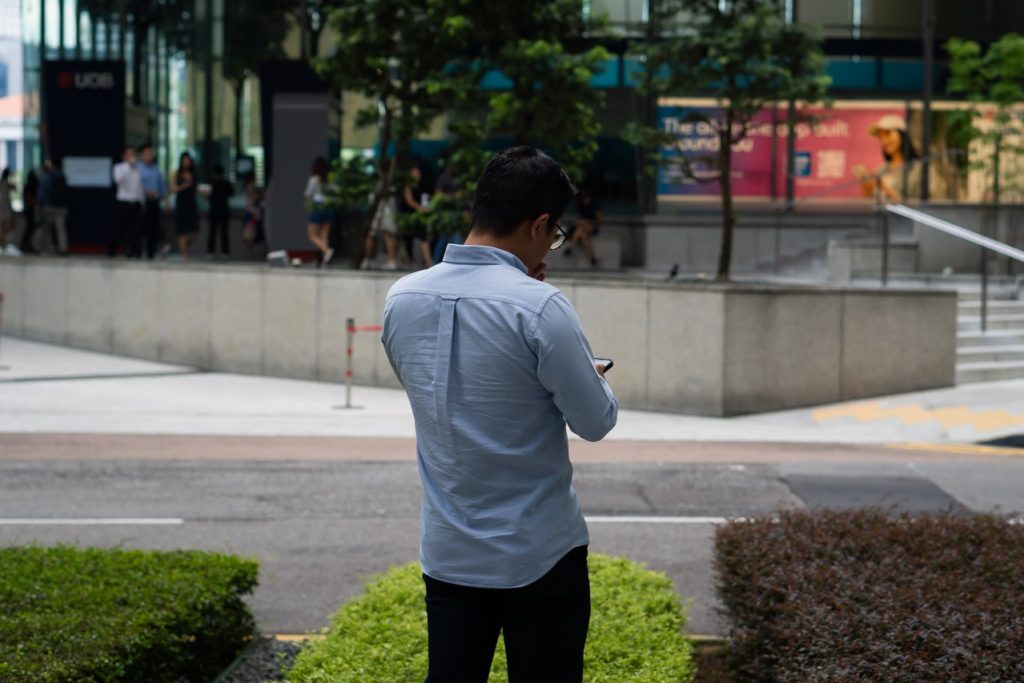
It’s illuminating to learn that attractiveness comprises more than just good looks, even if it’s still heavily weighted towards physical appearance. Whether this is cause for despair or hope is up to the individual, but it is indeed possible to increase one’s attractiveness. How, specifically, seems to be the limiting factor.
“There are men who want to be good men and want to find out more but don’t know how,” Constance tells me. “There’s a lack of resources in that area, so it’s not necessarily their fault.”
She’s right—most dating advice online is made by women, for women. If you’re a man, you tend to get generic advice like being patient, honest, and emotionally vulnerable. Or you might dive into the manosphere and be told to go your own way; in fact, incel communities and the manosphere are more likely to acknowledge and affirm the struggles men face. Then, you either end up with an echo chamber of misogyny or a cluster of cluelessness.
For now, I’ll mark this area down as feasible, albeit difficult. It is possible to make myself more attractive, and there are other areas that I can develop to compensate for my looks.
Stop Being So Emotional
What does an emotionally developed man look like? I figured it was worth asking since TikTok constantly features users talking about red flags in men, persuading women to date only men who have their emotions sorted and know how to communicate their feelings.
Simultaneously, there exists a perception that women find emotional men icky or a turn-off.

At 24 and still single, Philip confirms he’s felt this pressure before, even if he’s been lucky not to meet anyone who explicitly espouses this view.
“Talk is cheap,” he says, arguing that people are trying to blend in with what is socially acceptable. “If everyone meant what they said, then this perception wouldn’t exist to begin with.”
He does, however, note that hypocrisy is not exclusive to one gender. “A lot of men like to say they don’t mind a girl with a high body count. But we still see men complaining about girls who aren’t virgins anymore.”
No one taught me how to feel my emotions properly, let alone express them—and I’ve always been a particularly expressive person. The most I’ve been told is to suppress displeasure and anger to make myself more amicable or otherwise told to rein it in.
(A classmate once remarked that the use of the word ‘maelstrom’ for this article would be too obscure and pretentious, and when I remarked rather animatedly that such a notion was ridiculous, he said I didn’t need to get so emotional about it.)
Perhaps the issue is not the presence of emotion but how it’s expressed. I raise this question to Constance and Michael, who both immediately raise examples of men trauma-dumping on the first date.
“That’s just a warning sign to the girl, you know?” Constance remarks. “If this is how he behaves on the first date, what does that say about future dates? What does it say about how he views the girl and the relationship? Is the girl just going to end up as his therapist?”
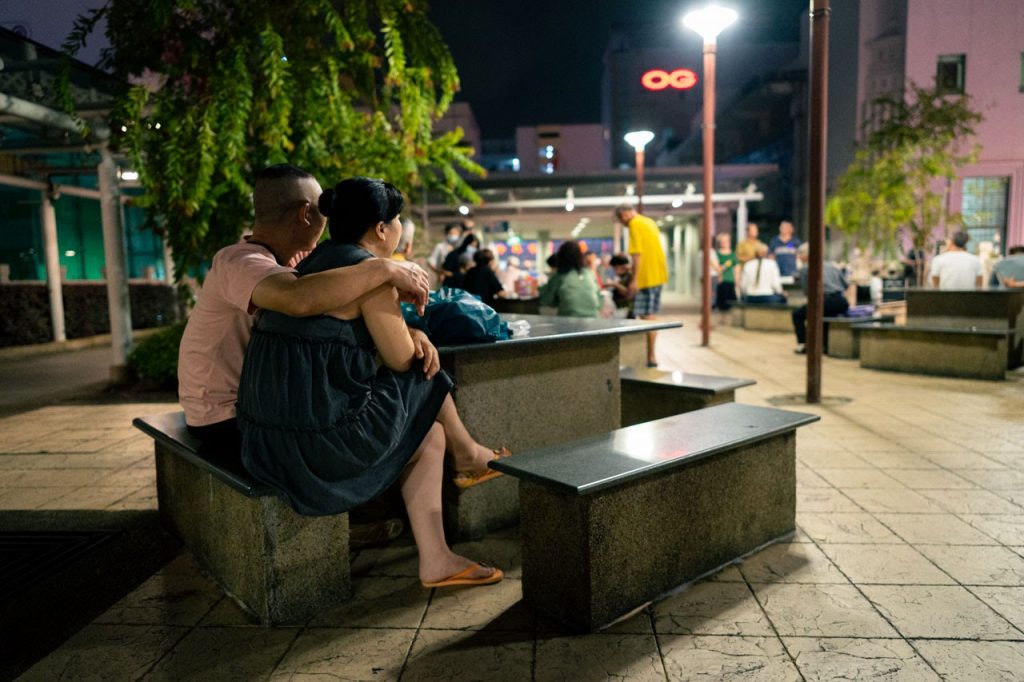
Michael notes that opening up too fast can be disorienting, emphasising the importance of matching each other’s wavelengths.
“Oversharing means that some information may be a turnoff for your potential partner if they’re not ready to receive that information yet. If you know too much about your partner, then there’s no journey to go on together.”
He notices my initial confusion. “There’s no point in killing the Ender Dragon immediately if you don’t spend time building your fortress together with your partner.” I laugh at the Minecraft reference, and he insists that I quote him on it.
I wonder if the perception of emotional immaturity in men partially stems from the sudden societal shift in acceptable values. Fourth-wave feminism—and the resultant changes in gender perceptions—occurred primarily within the 2010s. What was once acceptable, even expected, of men has changed so quickly that we haven’t had time to adjust.
Many men likely do not have the experience to know how to communicate their emotions, having been conditioned to suffer in silence instead. Now, society expects them to be proficient at it, too.
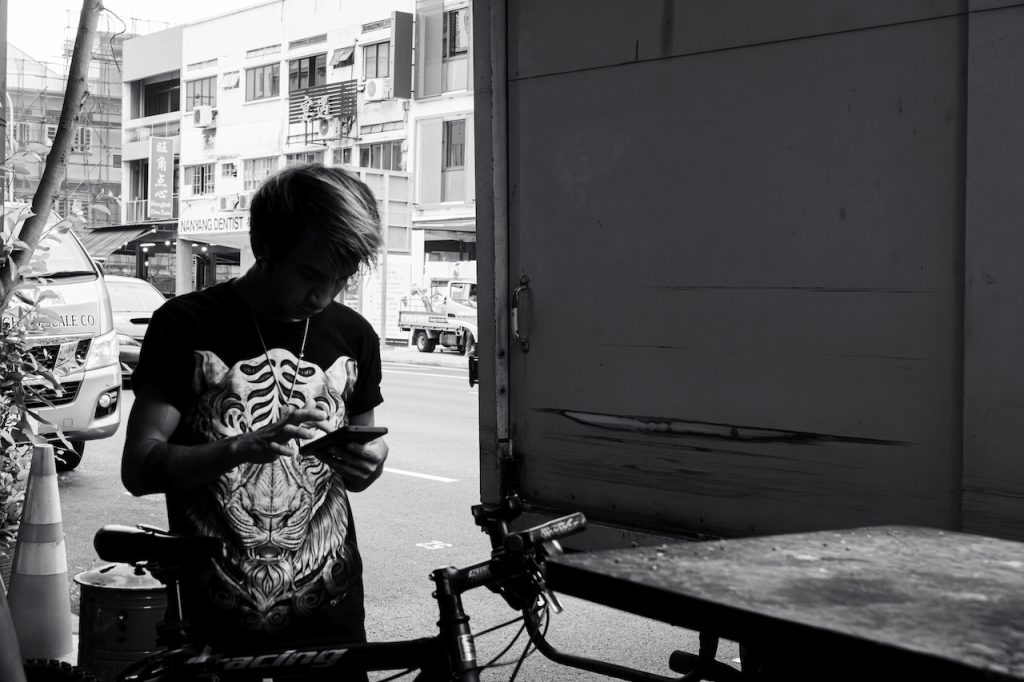
Welcome to the Friend Zone
You’ve probably heard about how your partner should be your best friend.
You’ve probably also heard a lot of conflicting advice about that topic. Being stuck in the so-called friend zone, being ‘too nice’, catchy sayings like “A shoulder to cry on becomes somebody to ride on”—the list goes on.
From those I’ve interviewed, getting into a relationship tends to involve two people first becoming friends before progressing to dating, then making the relationship official. Although different people perceive the various stages of a relationship differently, this always made sense to me—you should grow to connect with, care for, and love your partner in an organic manner.
It also corresponds with the growing preference for emotionally developed men. Friends are more likely to understand each other, communicate better, and compromise where needed. Moving from friends to something more should technically be an ideal starting point for couples.
And yet, my experience is the direct opposite. I become friends with a girl. I catch feelings. And every time I’ve confessed my feelings to them, I’ve always been turned down. Placed in the metaphorical ‘friend zone’, to use an old 2010s concept. If moving from friends to lovers is a common experience for attached couples, then I can’t help but feel like I’m the problem here.

“It’s always like that one,” my friend Nicholas laments. “You want to be [their] friend, means will stay their friend. Nice guys finish last lah.”
He describes various incidents where he’s been ‘friend-zoned’ throughout his 26 years of life, and I can relate. Nicholas notes that he wasn’t deliberately pursuing them; he was nice to them because he just wanted to be friends. The feelings just emerged naturally later.
His most recent story describes how he felt guilty managing his romantic feelings for someone while on holiday with her, having initially arranged the trip to help her de-stress.
“It wasn’t something I wanted to burden her with,” Nicholas says, visibly emotional. “And I just felt so bad that I broke down.”
It is a familiar struggle. For years, I worried about being perceived as having ulterior motives if I was nice to girls I had feelings for. I never wanted to show my intent of courting my friends because I didn’t want to put undue pressure on them or make them uncomfortable.
And yet, never showing my intent seemed to eliminate myself as a viable romantic partner.
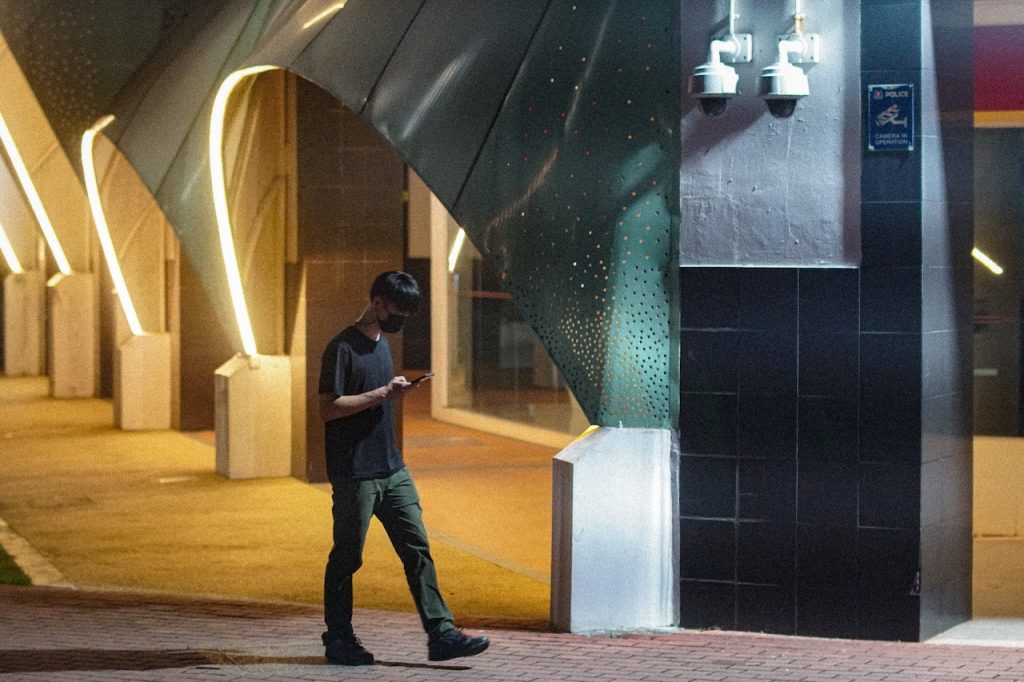
I decided to ask a close friend, Kerrigan, about it. Being in the same university cohort as her, we found ourselves spending a lot of time together during our second year and grew to be close friends. So close, in fact, that I found myself comforting her about her boy troubles at the exact same time I realised I was developing feelings for her.
To advise Kerrigan on how to handle her relationship with someone else while also wanting to be in a relationship with her was an agonising experience.
She remembers when I finally admitted my feelings to her, noting that she had figured it out weeks before. “It really wasn’t that much of a surprise,” she says, laughing mischievously at my thinly veiled embarrassment.
Did that revelation make her reconsider the motives behind my behaviour towards her? Kerrigan shakes her head.
“No, I knew you were being nice to me because you’re nice. That’s just who you are.”
Just for fun, I asked if she had any advice on how I should get a girlfriend. She ponders the question thoughtfully.
“You just need to be more confident,” she eventually remarks. “You have good qualities, but I don’t think you see it. I think, in general, good people who are more confident will eventually get attached. That’s why bad people pretend to be good, after all.”
I know that I would never want to manipulate someone into being my girlfriend. If I’m going to be kind to someone, it should solely be for its own sake. At the very least, I know I’m allowed to have feelings for someone without being perceived as manipulative.
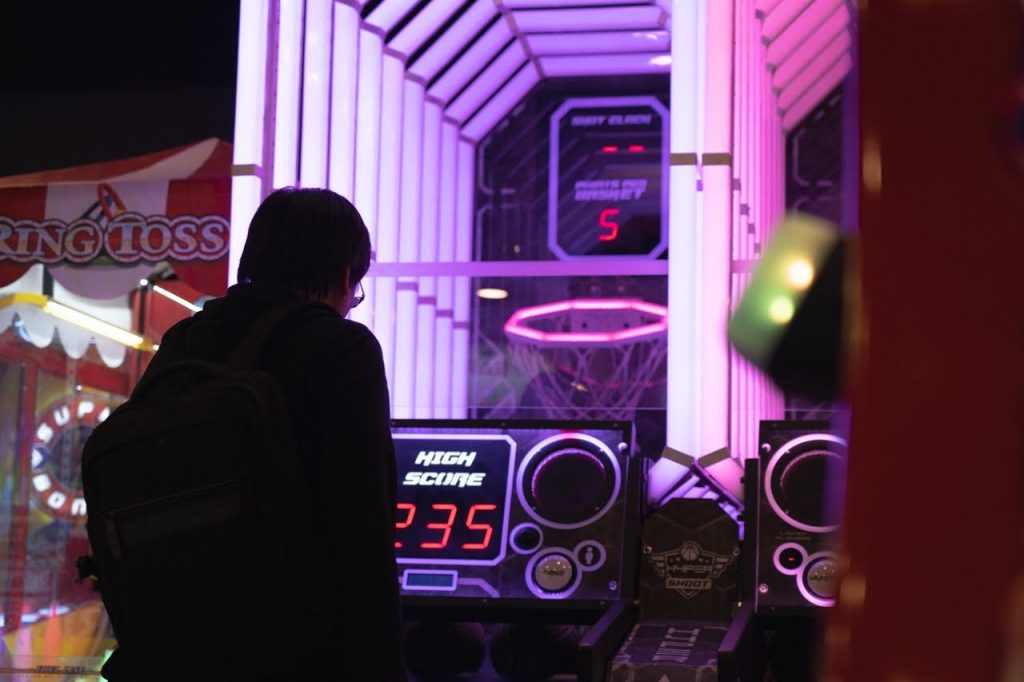
Don’t Get Too Attached
So, can I ever be good enough to be in a relationship?
I still don’t know. It’s possible that I already am good enough, but I just haven’t found someone who shares the same values and the same wavelength.
If I’m not good enough, I’ve at least discovered that I can improve myself in various ways. Even then, I can’t please everyone out there.
I’m learning that this idea of ‘good enough’ is vague, both in real life and in our heads. I spent so long fretting and self-loathing because I believed I was falling short of others’ standards. Internally, it made sense—if I didn’t match their criteria, they wouldn’t seriously consider me as a romantic partner.
But often, I will always fall short, be it by failing to match some specific preference or not having the knowledge or resources to be fully developed physically, emotionally, or otherwise.
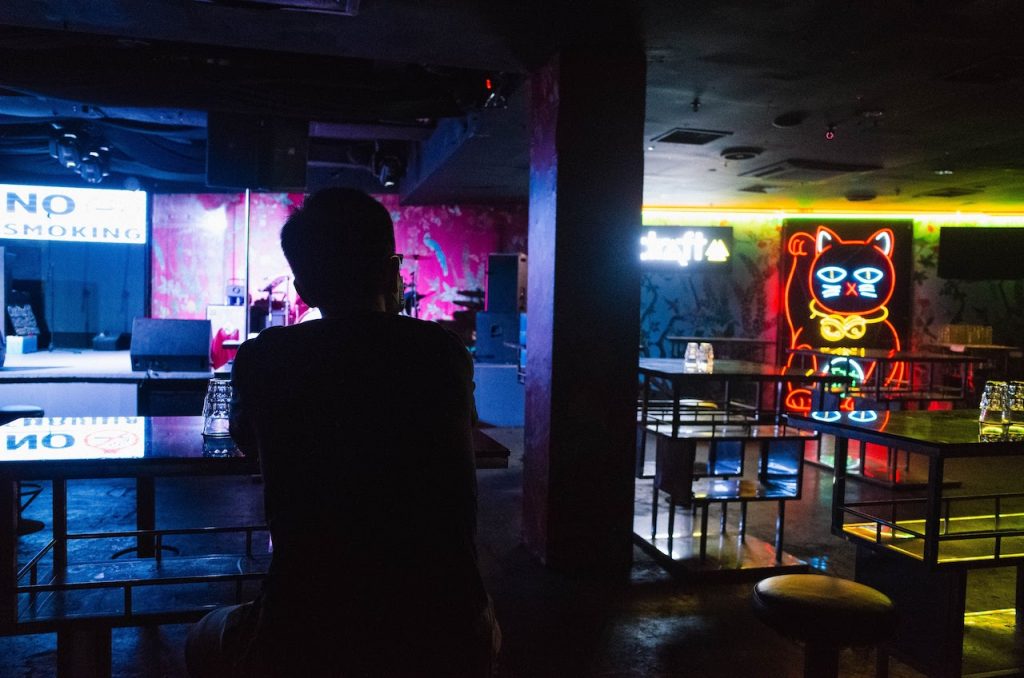
It’s tempting to revert to old habits and blame myself. Then again, I grew up in a culture that did not discuss gender, relationships, and emotions openly. Men are often stunted in this regard and don’t know where to get the right resources and information. I was not raised to be ready for a relationship, and despite my best efforts, I still might not be.
To take a page out of my therapist’s book, everyone is going through life for the first time. Self-compassion, rather than self-loathing, is what’s needed to keep moving forward.
What these conversations reveal is that I shouldn’t change solely for my partner—I’ve got to do it for myself, too. Even if it was possible to be exactly what someone wanted or change myself to be that way, it might not be what I want.
Any potential partner would probably not want an inauthentic version of myself, either. I wouldn’t neglect my partner’s needs for my own, so there’s no reason I should neglect my own needs for my partner’s. All in all, I might be good enough to get attached, but I shouldn’t get too attached to the idea.
The goal isn’t just about being a better person. It’s about being a better me.

